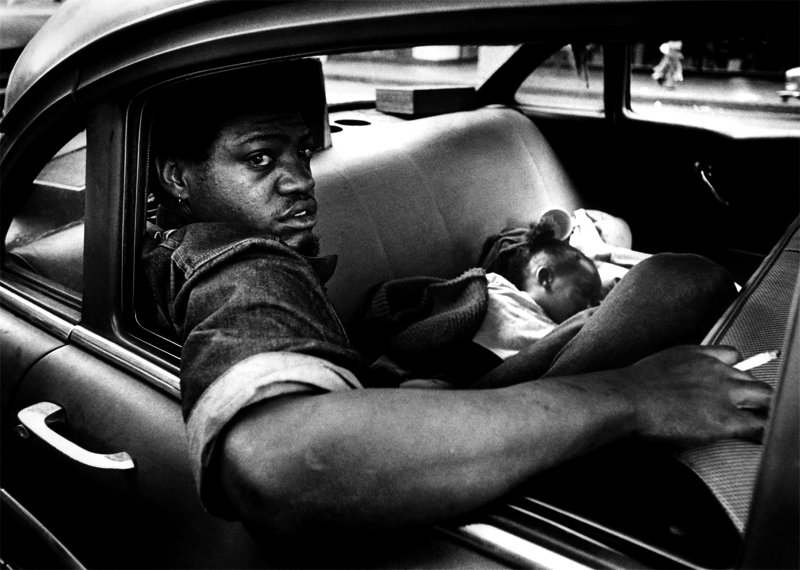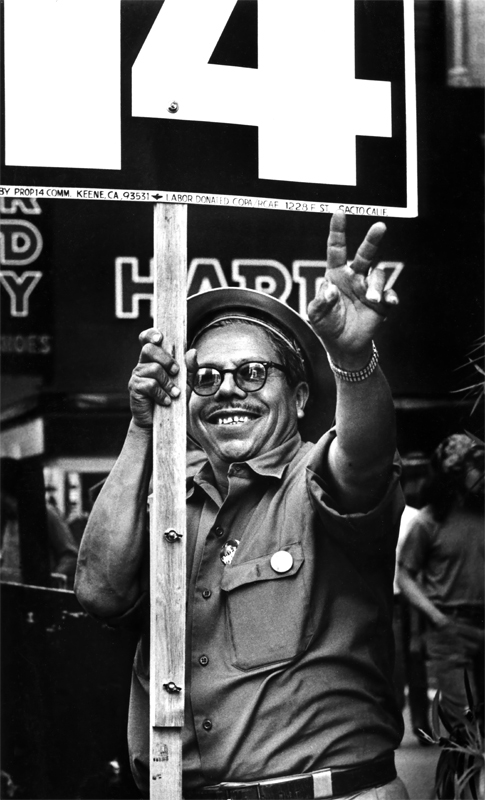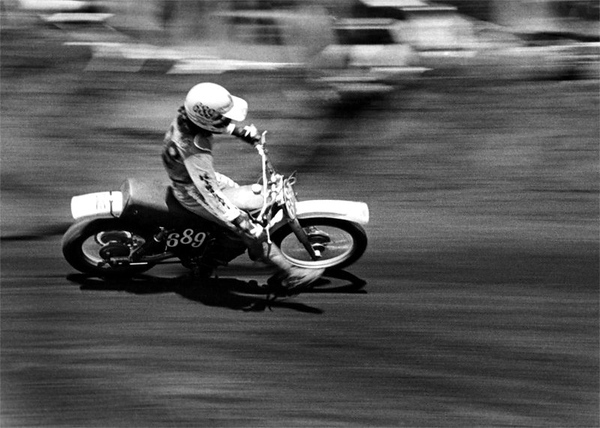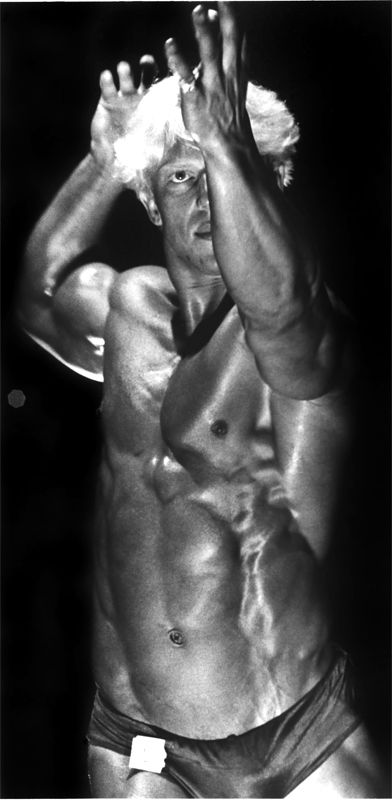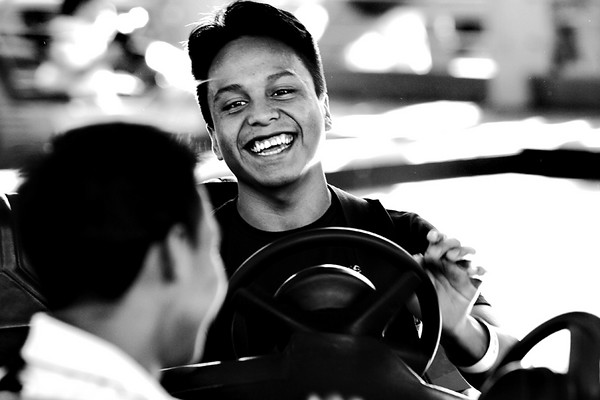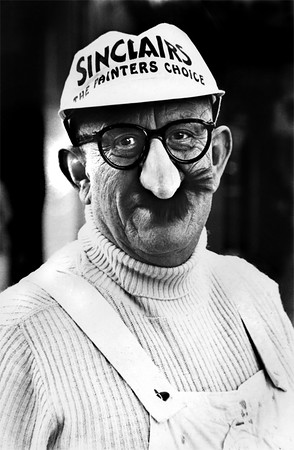doug anderson
New member
Although these two terms are not mutually exclusive, I think their temporary opposition is useful for the sake of argument. Nietzsche, in The Birth of Tragedy, talks about the forces of Dionysus and Apollo, both of which are necessary for a work of art. Dionysus is the god of wine, mushrooms, dance, and madness; Apollo is the God of order, mathematics, etc. A work of art with two much Dionysus is a mess; a work of art with too much Apollo is dead. A work of art with too much Apollo is one in which the artist's grasp has exceeded his reach; a work of with too much Dionysus is one in which the artist's reach has exceeded his grasp, but in a way that the form is incomprehensible. Both forces are necessary in order for us to experience something as art.
I see these two critical elements in play in this forum.
When I was in California, I was a member of a photography coop in West Covina. There were people there who were obsessed with technical perfection that were producing absolutely deadly photographs. There was one guy, who reminded me of "Monk," who, while sharing the developing trays, would frequently point out that my photos were technically imperfect. One day I brought in a copy of Cartier-Bresson's photo of the guy jumping over a puddle and told him it was mine. He said, "See, it's out of focus." I knew then that he was missing, or repressing, his imagination.
I believe that some contemporary photographers are often unfairly criticized for technical deficiencies, when in fact, they know exactly what they're doing: Sylvia Plachy, for example. And of course, Dorothea Lange was busted all the time for technical imperfection.
The British playwright, Joe Orton, when criticizing plays, said, that in order for a play to move him, Dionysus has to win.
What do you think?
I see these two critical elements in play in this forum.
When I was in California, I was a member of a photography coop in West Covina. There were people there who were obsessed with technical perfection that were producing absolutely deadly photographs. There was one guy, who reminded me of "Monk," who, while sharing the developing trays, would frequently point out that my photos were technically imperfect. One day I brought in a copy of Cartier-Bresson's photo of the guy jumping over a puddle and told him it was mine. He said, "See, it's out of focus." I knew then that he was missing, or repressing, his imagination.
I believe that some contemporary photographers are often unfairly criticized for technical deficiencies, when in fact, they know exactly what they're doing: Sylvia Plachy, for example. And of course, Dorothea Lange was busted all the time for technical imperfection.
The British playwright, Joe Orton, when criticizing plays, said, that in order for a play to move him, Dionysus has to win.
What do you think?
Last edited:



